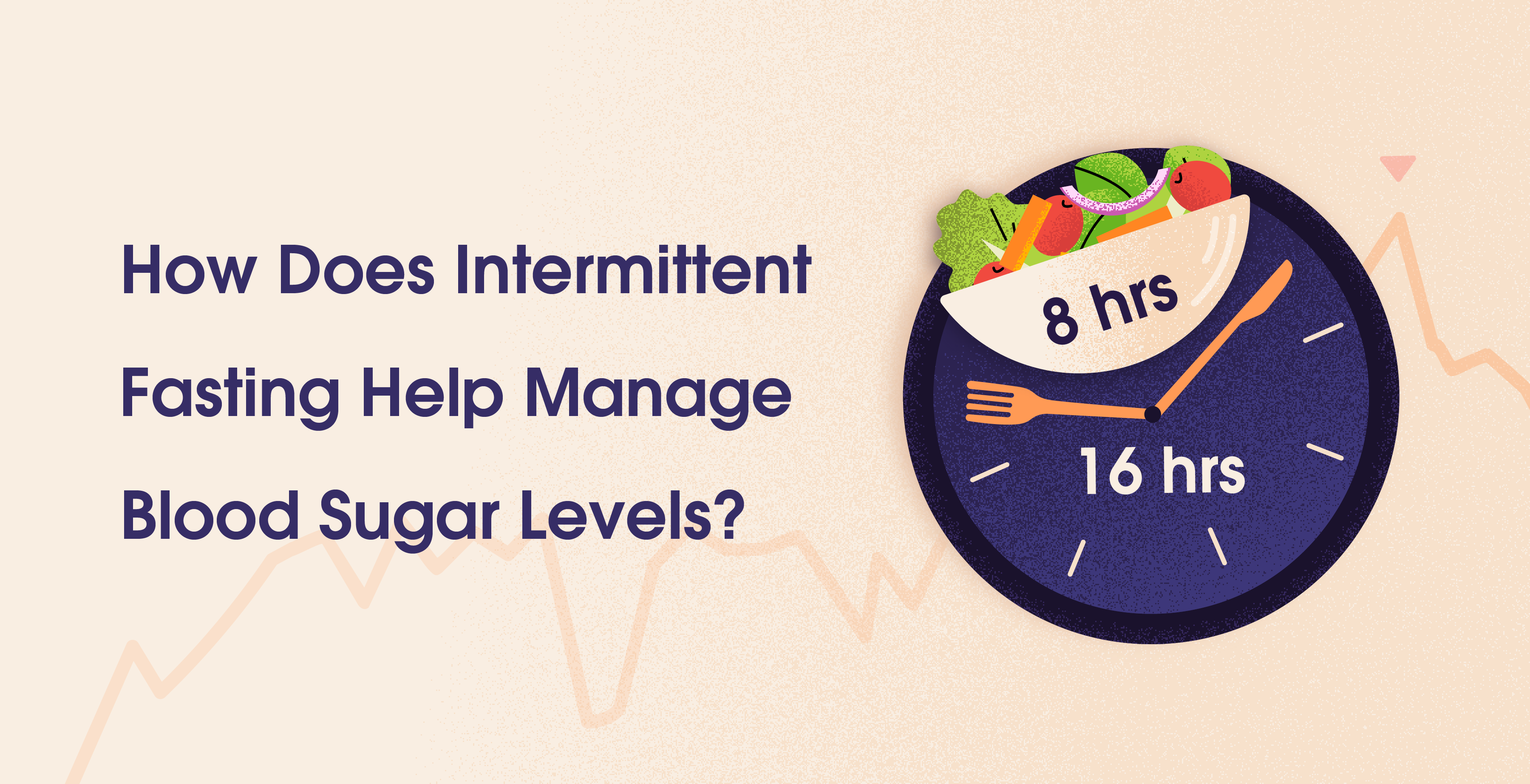How Does Blood Sugar Affect Energy and Productivity
Nov 29, 2024
Aparna Hurtis
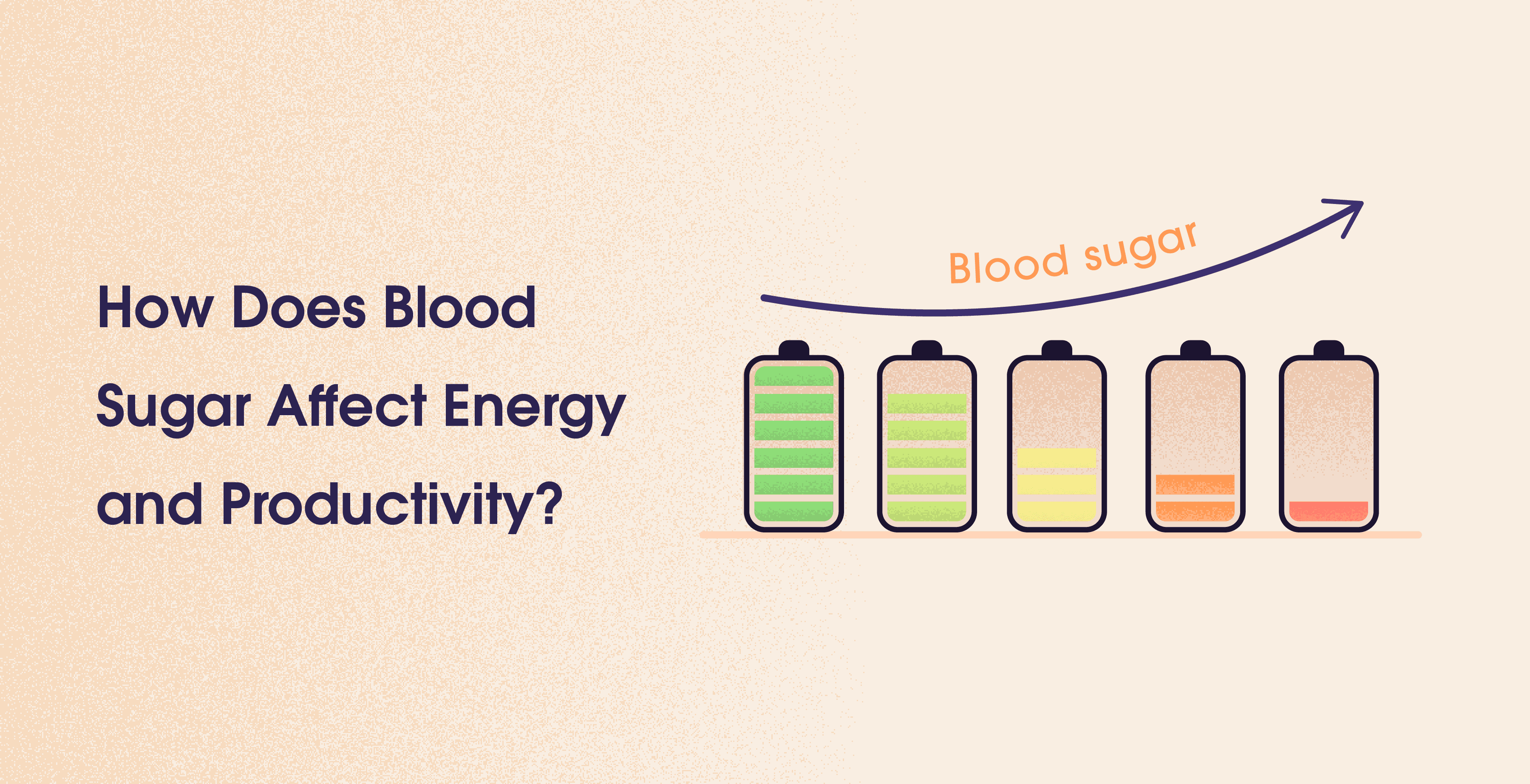


Table Of Contents
Ever feel like your brain hits the brakes in the middle of the day? One minute you're cruising through emails or tackling that to-do list, and the next, you’re staring at the screen, wondering where your focus went. If this sounds familiar, your blood sugar levels might be at the wheel, dictating your energy and productivity without you even realizing it.
Highlights
Blood sugar acts as fuel for the body; steady levels maintain energy and focus, while fluctuations lead to fatigue and irritability.
Spikes and crashes can occur not just from sugary foods but also from skipping meals or eating refined carbs.
High blood sugar can cause jitters; low blood sugar drains energy and impacts mood, leading to crankiness and "hunger."
Energy dips affect productivity, making tasks feel harder and decision-making sluggish.
The brain relies on glucose for energy, and low levels impair focus and cognitive performance.
Start the day with a balanced meal of protein, healthy fats, and complex carbs to sustain energy.
Opt for snacks like nuts, seeds, or fruit for steady energy instead of sugary treats.
Avoid skipping meals to prevent energy crashes and maintain consistent glucose levels.
Staying hydrated supports glucose processing and helps combat fatigue.
Small, mindful changes in diet and routine can improve energy, mood, and productivity.
The Blood Sugar Rollercoaster
Think of blood sugar like fuel for your body. When it's steady, you’re firing on all cylinders—alert, sharp, and ready to conquer the day. But when it swings up and down like a yo-yo, chaos ensues. Highs make you feel jittery, almost like you've had one too many espressos. And the lows? Well, they’re like pulling the plug on your energy supply. You’re left feeling drained, cranky, and as useful as a chocolate teapot.
Here’s the kicker: these spikes and crashes aren’t always about stuffing your face with candy bars or guzzling soda. Even sneaky things, like skipping meals or eating refined carbs for breakfast, can throw your blood sugar out of whack. It’s not just a diet thing—it’s a lifestyle thing.
Energy Slumps
Just imagine that you grab a muffin and a latte for breakfast, thinking you’re all set. For a while, you’re buzzing. Ideas are flowing, and you’re smashing deadlines. But before you know it, you’re in a meeting, and suddenly it feels like someone dimmed the lights in your brain. What gives?
That quick surge of energy from the sugar in your muffin? It’s short-lived. Your body releases insulin to manage the flood of glucose in your bloodstream, but it tends to overcompensate, leaving you with less sugar than you started with. The result? A mid-morning slump that makes you feel like you need a nap—or another muffin.
And it’s not just physical energy that takes a hit. Low blood sugar messes with your mood, too. Ever snapped at someone over something trivial when you were "hangry"? That’s your brain crying out for glucose, its main energy source.
Productivity’s Silent Assassin
When your energy dips, so does your ability to focus. You might find yourself rereading the same sentence or procrastinating on simple tasks. It’s not laziness; it’s biology. Your brain, starved of glucose, struggles to perform even basic functions. Multitasking? Forget about it. Decision-making? Might as well flip a coin.
Here’s where it gets tricky: many people don’t connect these mental roadblocks to their blood sugar. They chalk it up to stress, lack of sleep, or just having "one of those days." While those factors can play a role, overlooking blood sugar means missing a big piece of the puzzle.
Balancing Blood Sugar for Peak Performance
So, how do you avoid these highs and lows? It’s not about swearing off carbs forever or becoming a kale evangelist. It’s about making smart choices that keep your blood sugar steady. Think of it like setting your phone to battery saver mode—you’re optimizing what you’ve got.
Start your day right: Swap the muffin for something with protein, healthy fats, and complex carbs—like avocado toast with a boiled egg. It’ll keep you fueled longer without the crash.
Snack smarter: Instead of reaching for a candy bar, try nuts, seeds, or a piece of fruit. They provide a slow release of energy, keeping you on an even keel.
Don’t skip meals: Skipping meals is like trying to drive your car on fumes. Sure, you might make it a few miles, but eventually, you’ll sputter to a stop.
Stay hydrated: Sometimes, what feels like fatigue is actually dehydration. Water helps your body process glucose efficiently, so keep sipping.
A Little Self-Awareness Goes a Long Way
Recognizing how blood sugar affects your energy and productivity is like finding the secret ingredient to a recipe you’ve been messing up for years. Suddenly, things just click. You don’t need to overhaul your life overnight, but small tweaks—like paying attention to what you eat and how often—can make a world of difference.
Here’s a thought to leave you with: your body is pretty amazing. It’s constantly working behind the scenes to keep you going. Treat it well, and it’ll reward you with the energy and focus to tackle whatever life throws your way. Neglect it, and, well, you’ve seen how that story ends—nap breaks and a growing pile of unfinished work.
So next time you’re dragging through the day, don’t just blame the weather or your workload. Take a closer look at your plate. It might just be the secret to leveling up your energy and productivity.
References
Ever feel like your brain hits the brakes in the middle of the day? One minute you're cruising through emails or tackling that to-do list, and the next, you’re staring at the screen, wondering where your focus went. If this sounds familiar, your blood sugar levels might be at the wheel, dictating your energy and productivity without you even realizing it.
Highlights
Blood sugar acts as fuel for the body; steady levels maintain energy and focus, while fluctuations lead to fatigue and irritability.
Spikes and crashes can occur not just from sugary foods but also from skipping meals or eating refined carbs.
High blood sugar can cause jitters; low blood sugar drains energy and impacts mood, leading to crankiness and "hunger."
Energy dips affect productivity, making tasks feel harder and decision-making sluggish.
The brain relies on glucose for energy, and low levels impair focus and cognitive performance.
Start the day with a balanced meal of protein, healthy fats, and complex carbs to sustain energy.
Opt for snacks like nuts, seeds, or fruit for steady energy instead of sugary treats.
Avoid skipping meals to prevent energy crashes and maintain consistent glucose levels.
Staying hydrated supports glucose processing and helps combat fatigue.
Small, mindful changes in diet and routine can improve energy, mood, and productivity.
The Blood Sugar Rollercoaster
Think of blood sugar like fuel for your body. When it's steady, you’re firing on all cylinders—alert, sharp, and ready to conquer the day. But when it swings up and down like a yo-yo, chaos ensues. Highs make you feel jittery, almost like you've had one too many espressos. And the lows? Well, they’re like pulling the plug on your energy supply. You’re left feeling drained, cranky, and as useful as a chocolate teapot.
Here’s the kicker: these spikes and crashes aren’t always about stuffing your face with candy bars or guzzling soda. Even sneaky things, like skipping meals or eating refined carbs for breakfast, can throw your blood sugar out of whack. It’s not just a diet thing—it’s a lifestyle thing.
Energy Slumps
Just imagine that you grab a muffin and a latte for breakfast, thinking you’re all set. For a while, you’re buzzing. Ideas are flowing, and you’re smashing deadlines. But before you know it, you’re in a meeting, and suddenly it feels like someone dimmed the lights in your brain. What gives?
That quick surge of energy from the sugar in your muffin? It’s short-lived. Your body releases insulin to manage the flood of glucose in your bloodstream, but it tends to overcompensate, leaving you with less sugar than you started with. The result? A mid-morning slump that makes you feel like you need a nap—or another muffin.
And it’s not just physical energy that takes a hit. Low blood sugar messes with your mood, too. Ever snapped at someone over something trivial when you were "hangry"? That’s your brain crying out for glucose, its main energy source.
Productivity’s Silent Assassin
When your energy dips, so does your ability to focus. You might find yourself rereading the same sentence or procrastinating on simple tasks. It’s not laziness; it’s biology. Your brain, starved of glucose, struggles to perform even basic functions. Multitasking? Forget about it. Decision-making? Might as well flip a coin.
Here’s where it gets tricky: many people don’t connect these mental roadblocks to their blood sugar. They chalk it up to stress, lack of sleep, or just having "one of those days." While those factors can play a role, overlooking blood sugar means missing a big piece of the puzzle.
Balancing Blood Sugar for Peak Performance
So, how do you avoid these highs and lows? It’s not about swearing off carbs forever or becoming a kale evangelist. It’s about making smart choices that keep your blood sugar steady. Think of it like setting your phone to battery saver mode—you’re optimizing what you’ve got.
Start your day right: Swap the muffin for something with protein, healthy fats, and complex carbs—like avocado toast with a boiled egg. It’ll keep you fueled longer without the crash.
Snack smarter: Instead of reaching for a candy bar, try nuts, seeds, or a piece of fruit. They provide a slow release of energy, keeping you on an even keel.
Don’t skip meals: Skipping meals is like trying to drive your car on fumes. Sure, you might make it a few miles, but eventually, you’ll sputter to a stop.
Stay hydrated: Sometimes, what feels like fatigue is actually dehydration. Water helps your body process glucose efficiently, so keep sipping.
A Little Self-Awareness Goes a Long Way
Recognizing how blood sugar affects your energy and productivity is like finding the secret ingredient to a recipe you’ve been messing up for years. Suddenly, things just click. You don’t need to overhaul your life overnight, but small tweaks—like paying attention to what you eat and how often—can make a world of difference.
Here’s a thought to leave you with: your body is pretty amazing. It’s constantly working behind the scenes to keep you going. Treat it well, and it’ll reward you with the energy and focus to tackle whatever life throws your way. Neglect it, and, well, you’ve seen how that story ends—nap breaks and a growing pile of unfinished work.
So next time you’re dragging through the day, don’t just blame the weather or your workload. Take a closer look at your plate. It might just be the secret to leveling up your energy and productivity.
References
Table Of Contents
Table Of Contents
Table Of Contents
Read More
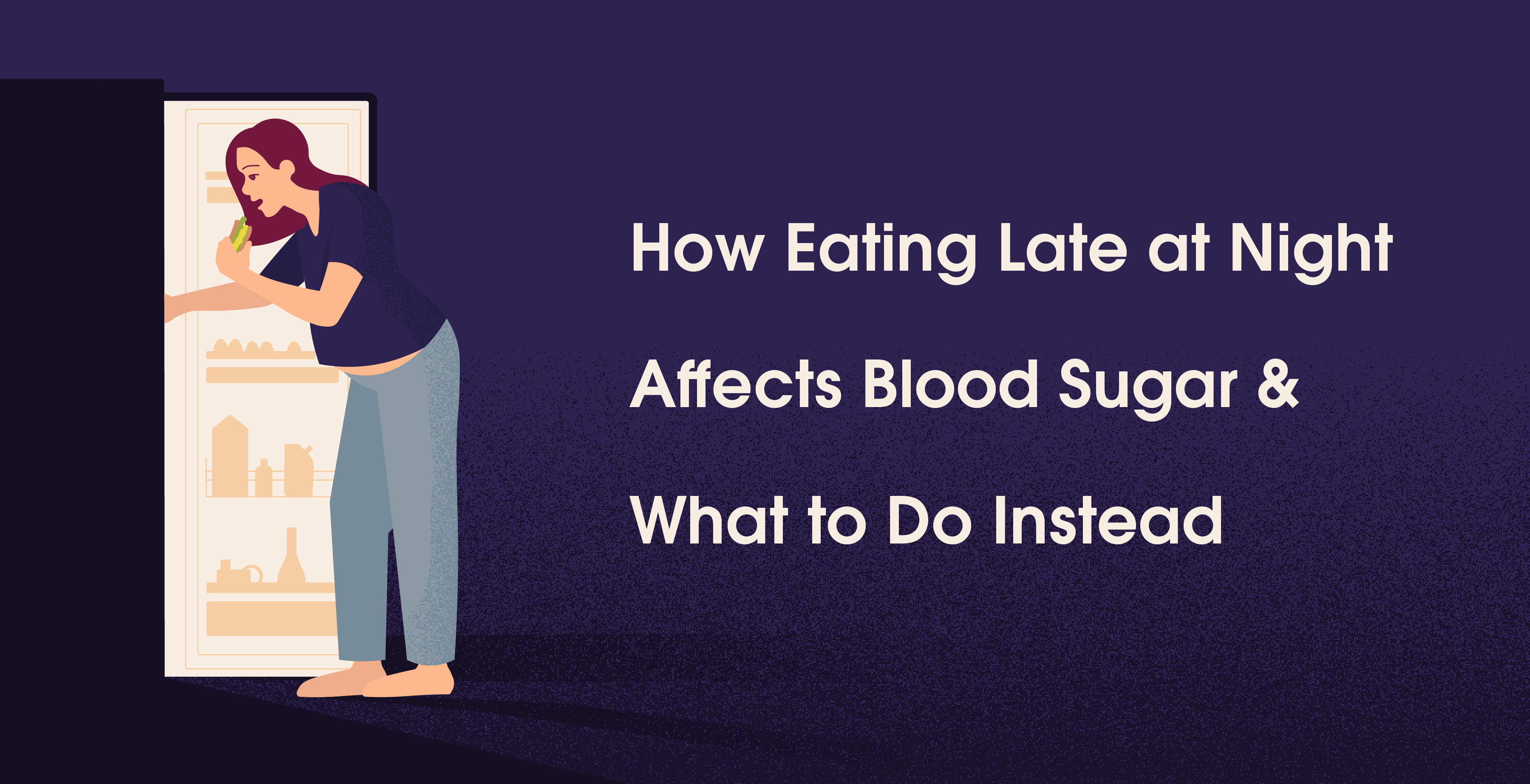

Mar 25, 2025
Sayfali Rawlani
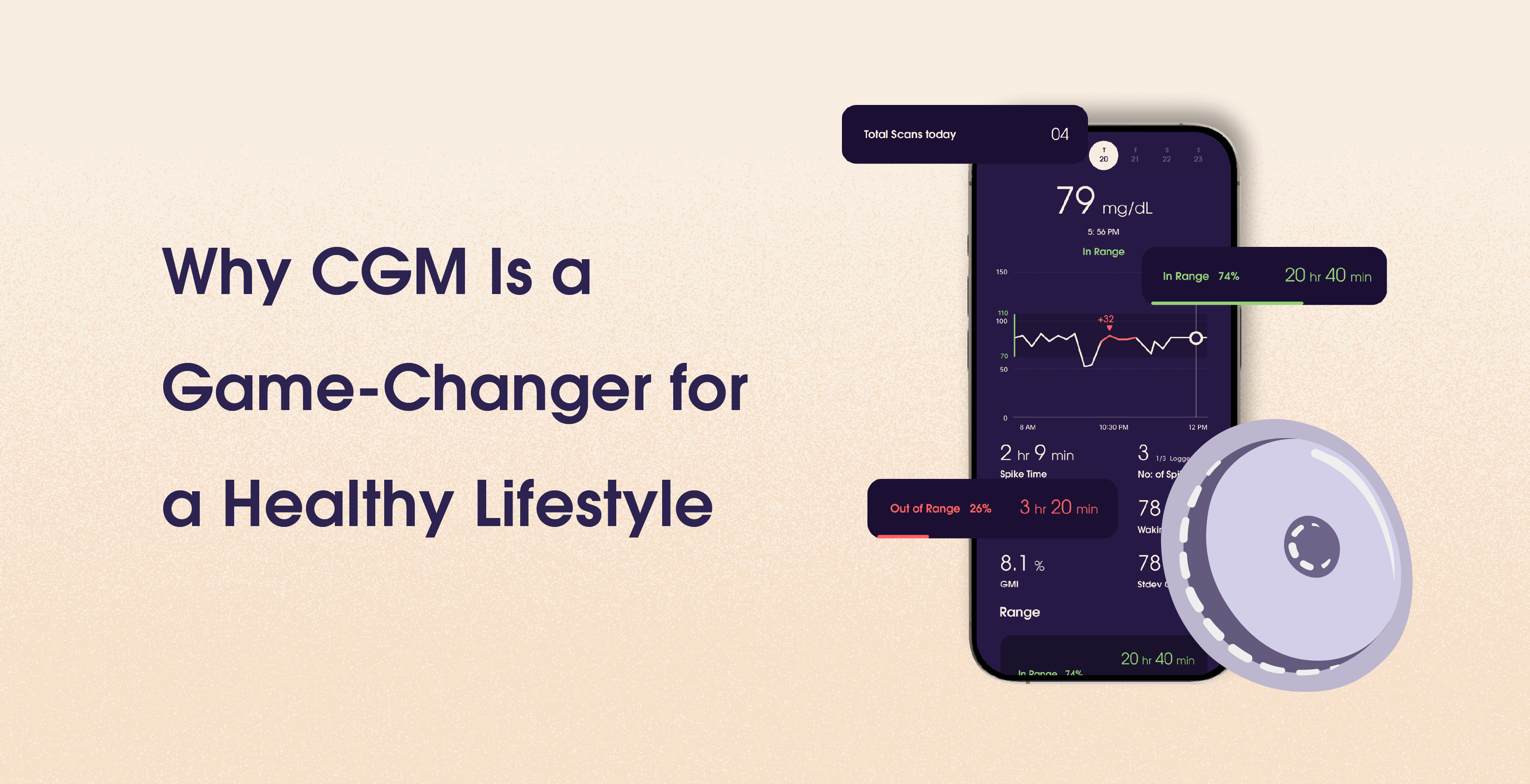

Mar 20, 2025
Sayfali Rawlani
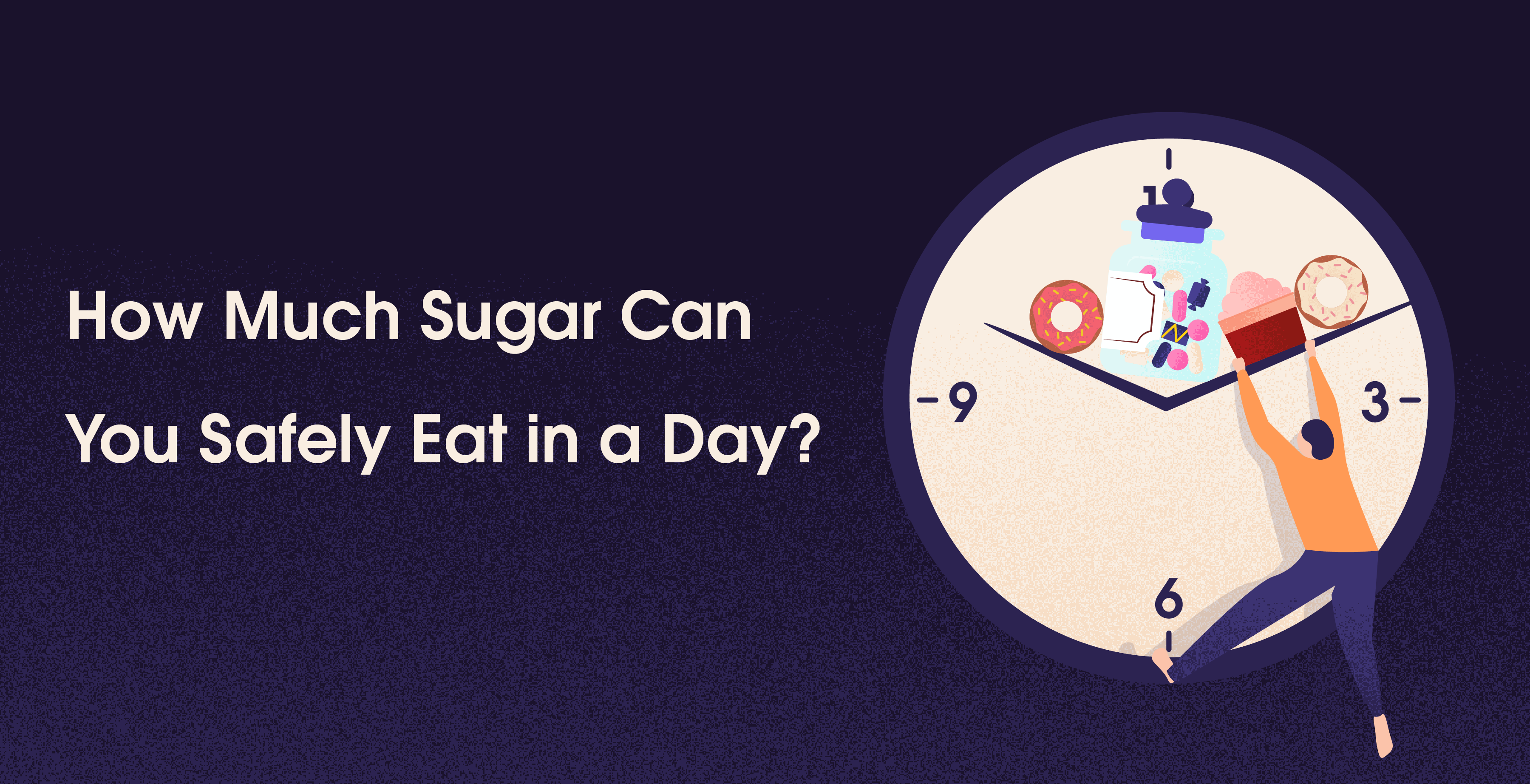

Mar 6, 2025
Sayfali Rawlani



Company
Copyright © 2025 trst health. All right reserved.

